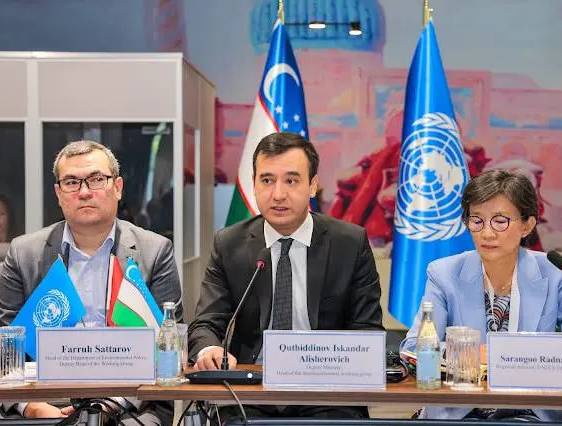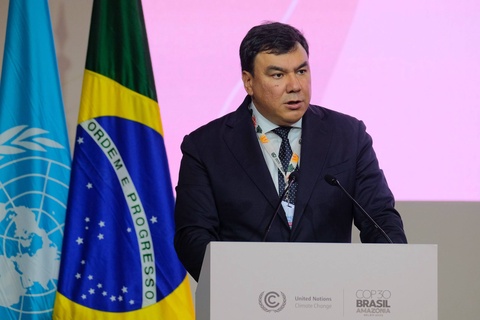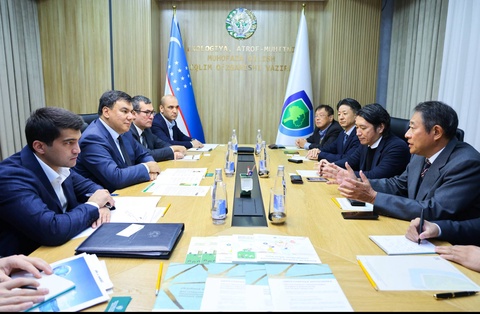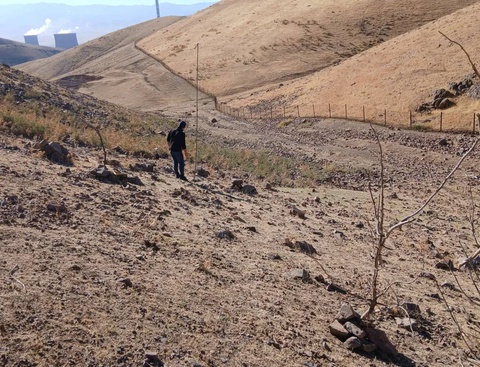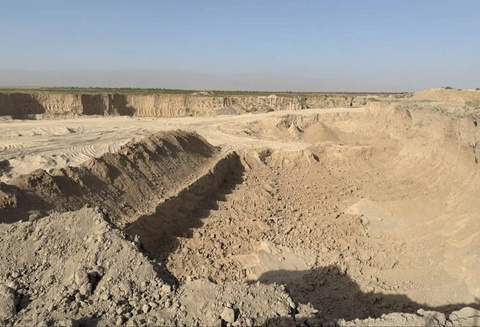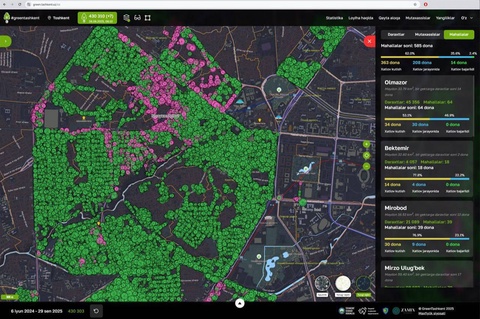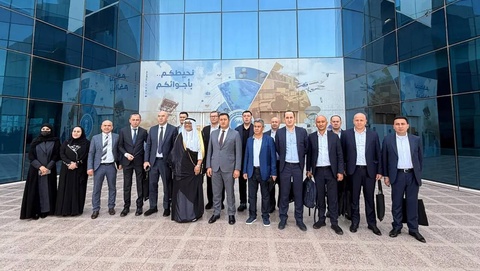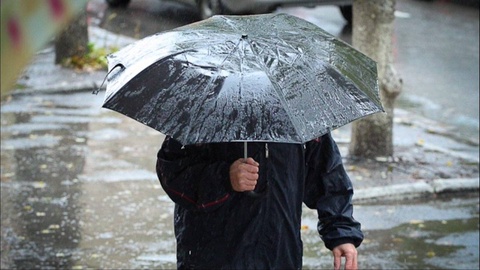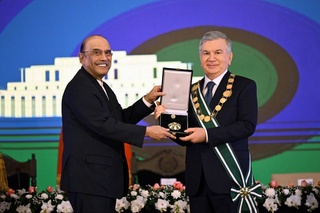The three-day training seminar was organized within the framework of the project "Strengthening activities in Uzbekistan in the field of water supply, sanitation and protection of water resources from accidental pollution in the context of climate change" of the UNECE Convention on the Transboundary Effects of Industrial Accidents in cooperation with the Ministry of Ecology, Environmental Protection and Climate Change with financial support from the Swiss Agency for Development and Cooperation (SDC).
The event was attended by representatives of the UNECE, the Ministry of Ecology, the Ministry of Emergency Situations, the Ministry of Water Management, the Ministry of Health, the Committee on Industrial, Radiation and Nuclear Safety, civil society institutions, etc. organizations.
"Our tailings dumps, like many other facilities, require special attention and joint efforts to ensure their safe operation. We must work to minimize risks and prevent possible environmental disasters," Deputy Minister of Ecology Iskandar Kutbiddinov said at the opening of the meeting.
During the meeting, the participants got acquainted with the terms of reference and the composition of the working group, agreed on a work plan for 2024-2025, considered current issues and necessary measures taken in the field of tailings storage safety and prevention of accidental water pollution, and agreed on the next steps to develop a roadmap for accession to the Convention.
"Since we are witnessing the effects of climate change, the project will pay special attention to the assessment and analysis of the impact of climate change on facilities such as tailings ponds, as well as the impact of climate change on water resources and the development of response measures," said Sarango Radinaragachaa, UNECE Regional Environmental Adviser.
On the second day of the event, a practical training was organized for the participants on the application of the assessment methodology on the territory of the tailings dump No. 2 of the Almalyk Mining and Metallurgical Combine.
"The training was organized in order to teach the application of the methodology for assessing the level of safety of tailing dumps, which are based on European standards and safety rules. This methodology was developed as part of a project of the United Nations Economic Commission for Europe. Based on the results of the training, we will form an assessment of the results of this industrial waste storage and see how well it meets European safety requirements," says Irina Nikolaeva, a consultant at the UNECE.
It is worth noting that there are 41 tailing dumps in Uzbekistan, 10 of which can potentially have a transboundary impact. The Working Group will allow Uzbekistan to strengthen national governance in the field of mining, contribute to the achievement of the country's environmental goals by 2030 and work on accession to the UNECE Convention on Industrial Accidents.


